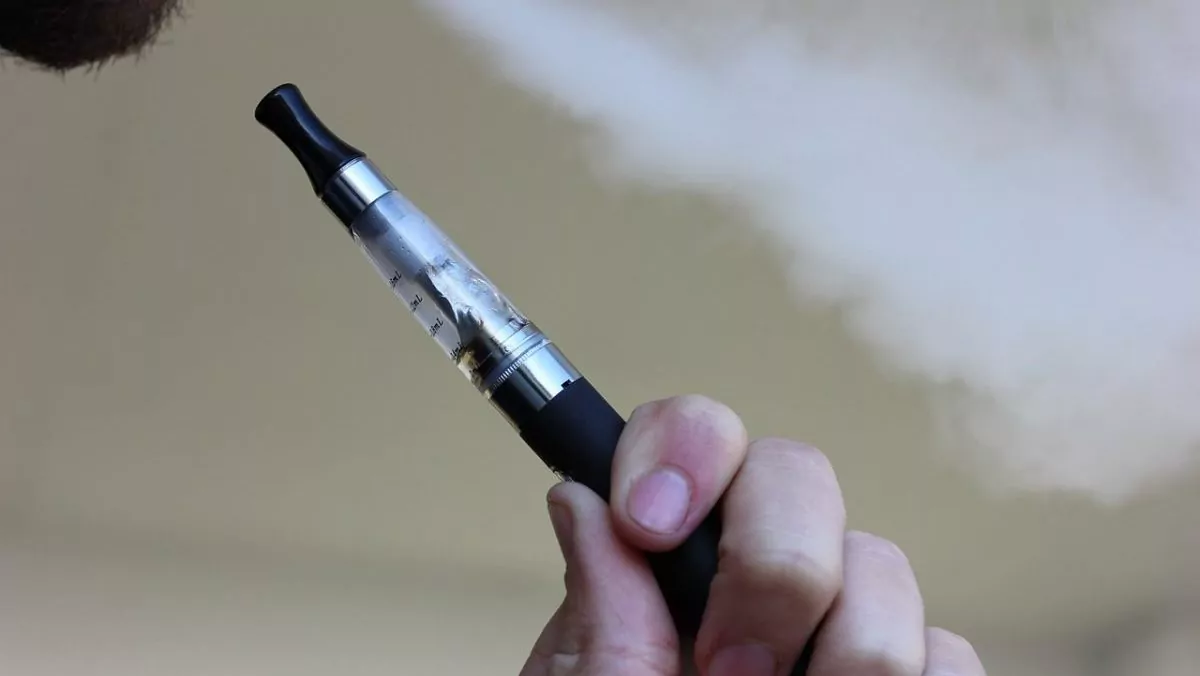Slovakia to Implement Consumption Tax on E-cigarettes and Nicotine Pouches Starting 2025

The Slovak National Council has approved changes to tax policies, expanding the consumption tax on tobacco products to include e-cigarette liquids and nicotine pouches. This move aims to increase state revenue and stabilize the public budget through gradual tax hikes over the coming years.
According to Slovak Television and Radio’s report on September 11, starting next year, e-cigarette liquids, nicotine pouches, and similar products will fall under the tobacco products consumption tax. This measure is slated to progressively increase tax rates in subsequent years, and it was officially passed by the Slovak National Council on September 11.
These legal amendments aim not only to categorize products linked to tobacco but also to establish a grace period for clearing unmarked products. Moreover, they seek to improve the oversight of tobacco product distribution, extending the definition of smokeless tobacco products to encompass chewing tobacco and snus.
The Slovak Ministry of Finance stated that these initiatives are designed to reduce the significant public fiscal deficit and national debt. They intend to generate extra revenue for the national budget, thereby stabilizing the nation’s finances. These changes are projected to contribute 15 million euros next year, escalating to 126 million euros in 2026, and reaching 180 million euros by 2027.
The Ministry also emphasized the need for these measures, given the short time these new tobacco products have been available. Currently, there’s insufficient evidence to argue they are less harmful. Particularly among younger demographics, future potential public health costs are unpredictable, and public awareness regarding the risks of these products is limited.
Data from eKasa shows a substantial increase in the consumption of new tobacco products between January 2022 and December 2023, with e-cigarette sales surging by 200% and nicotine pouch sales by 57%. Consequently, the Ministry proposed implementing a transaction tracking system, including remote sales oversight, with customs responsible for regulating tobacco-related goods.
In the final vote, lawmakers rejected an amendment proposed by Marián Viskupič, who suggested a lower tax rate increase than the government’s plan. He advocated for tax rate growth to align with cigarette tax increases. The amendment’s provisions will be phased in over this year and the years to come.
In summary, Slovakia’s decision to tax new tobacco products like e-cigarettes and nicotine pouches reflects a dual focus on addressing fiscal challenges and potential public health effects. The measured approach of gradual amendment implementation and enhanced monitoring underlines the importance of evaluating these measures’ impacts. As the market for these products evolves, ongoing policy adjustments may be necessary to balance revenue needs with public health, particularly for the youth.






-qwpax3rd2nto0i9lm3wb0nde9r42qenn9so2lk7sb4.png)